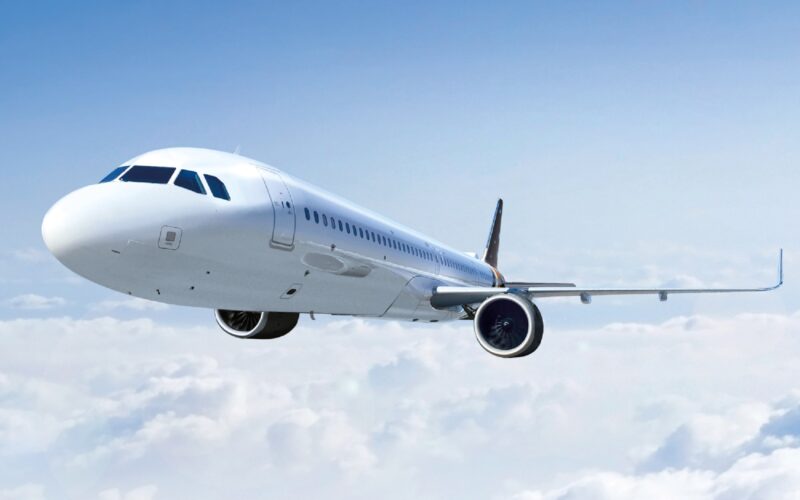The United Kingdom’s (UK) Air Accidents Investigation Branch (AAIB) is investigating an incident in which a Titan Airways Airbus A321 climbed to 10,000 feet with three windows missing and loose.
Details surrounding the incident were released by the Bureau of Enquiry and Analysis for Civil Aviation Safety (BEA) in France.
According to the BEA, the aircraft climbed to approximately 10,000ft, where the flight crew noticed excessive cabin noise.
The decision was subsequently made to return to London-Stansted Airport (STN) as a safety precaution.
An inspection of the Airbus A321 discovered the windows missing and loose plus a damaged left stabilizer.
The BEA described the episode, which happened on October 4, 2023, as a “serious incident” which will undergo a full investigation.
In a statement on October 15, 2023, Titan Airways said: “The crew became aware of increased noise in the cabin and an issue with one of the windows. The pilot did not declare an emergency and landed the aircraft safely, according to normal operating procedures. Emergency services at the airport were not activated.”
The airline added: “The 21 staff members on board, who were being positioned for their next scheduled flight, were unaffected and disembarked the aircraft in the normal way. Following the landing it was discovered that the outer panel in 3 of the windows was missing. The matter was immediately reported to the relevant authorities and an investigation is now taking place.”
The two-and-a half-old Airbus A321, registered G-OATW, was due to land later that day at Orlando International Airport (MCO) in Florida.
The BEA said: “In the climb at approximately 10,000ft, crew noticed excessive cabin noise and aircraft executed a turn back to London Stansted. It was discovered that 3 windows were missing and loose, and damage to LH stabilizer.”
According to Aviation Safety Network, the aircraft was formally used by the British government for 18 months in a VIP configuration.

